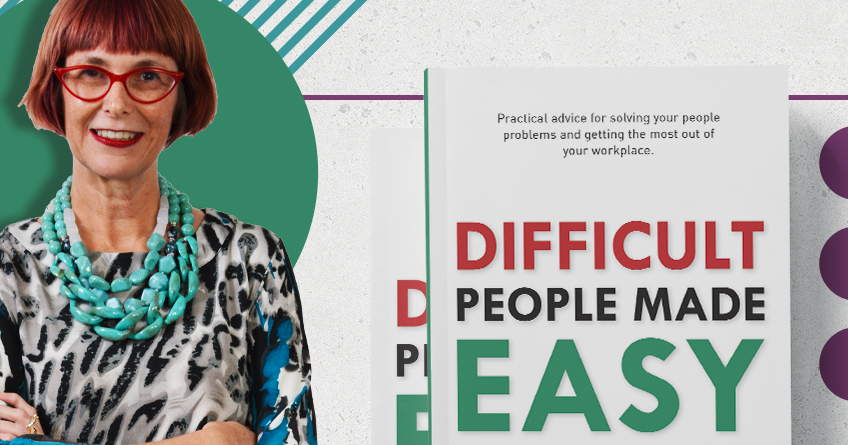Ironically, I wrote this at 2 a.m. However, it is still an important point for you take on. If you believe successful managers and business owners are constantly busy, think again. Yes, many people feel they should work 24/7 and they must be constantly focused on success. There’s a name for this feeling: “imposter syndrome” and it is the biggest cause of overwork in managers and business owners today. High-impact leaders DO NOT MAKE OVERWORKING A HABIT. Instead, they use three core habits to stay focused on making a difference.
It’s time to get real. Being busy is NOT a sign you’re successful. In fact, it’s a sign you’re ineffective. High-impact leaders don’t have mile-long to do lists or fully booked diaries. Instead, they have strategic plans and to- notch teams. You can’t have either of those things if you’re overworking. But how can you tell if you ARE overworking? Here are the top 4 signs I advise my clients to watch out for.
The to-do list that never ends
This is a sure sign you’re working reactively. You see, effective leaders don’t ever use To Do Llists. They use plans. What’s the difference? To Do lists are made up on the fly. Plans are well thought out and developed in advance.
Staying switched on 24/7
The second sign you’re overworking is struggling to wind down after work. This is really common problem for high-achieving people. However, it is not a badge of honour! If you’re constantly thinking about work. it’s a sign you’re overworking. You need to stop now. Go back to your hobbies, your family or your friends. Believe me, you can still succeed even when you are human! All it takes is confidence and assertiveness!
Free e-book and video tips.
Get your copy today!

|
|
Feeling resentful and put-out
Yep. It is less obvious, but it is still a sign you’re overworking. For example, it might seem like you’re the only person who is committed to doing a good job. If you’re feeling this way, you’re probably taking too much on and working excessive hours. Sound familiar?
Knowing you’re overworking
The fourth sign you’re overworked in bleeding obvious: you know you’re overworked. Sadly, many talented managers and professionals e keep going despite this realisation. Eeek! I can tell you this a guaranteed way to burn yourself out.
So, how do you slow down and stop overworking? Learn to drive your own brain. Neuro Linguistic Programming (NLP is a great tool for doing this). With NLP, you can manage your own thinking and emotional states. You can quit handling everything yourself and stop feeling like an imposter. So, if the 4 symptoms of overwork resonate for you, act now. Learn some NLP and focus on having an impact instead of being busy 24/7.
This article was created by Eleanor Shakiba
Eleanor is a leadership trainer and success coach. Her mission is inspiring talented people to become leaders who make a difference. Since discovering her passion for training and development, Eleanor has trained more than 60,000 people. She delivers face-to-face workshops for corporates, online masterclasses for leaders and Positive Psychology retreats for trainers, HR practitioners and leaders.








